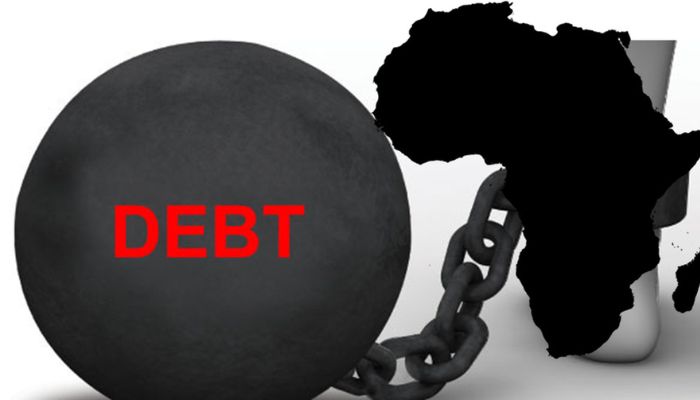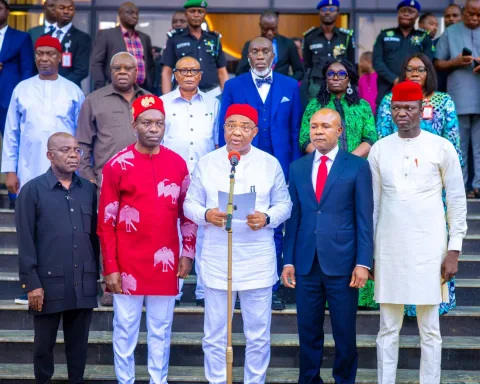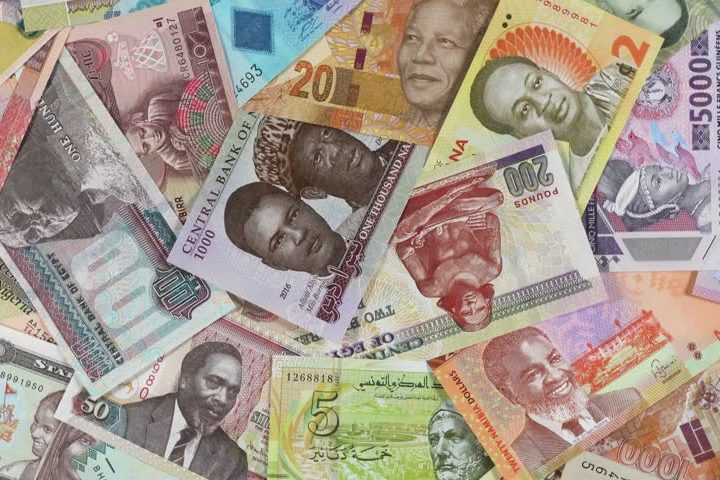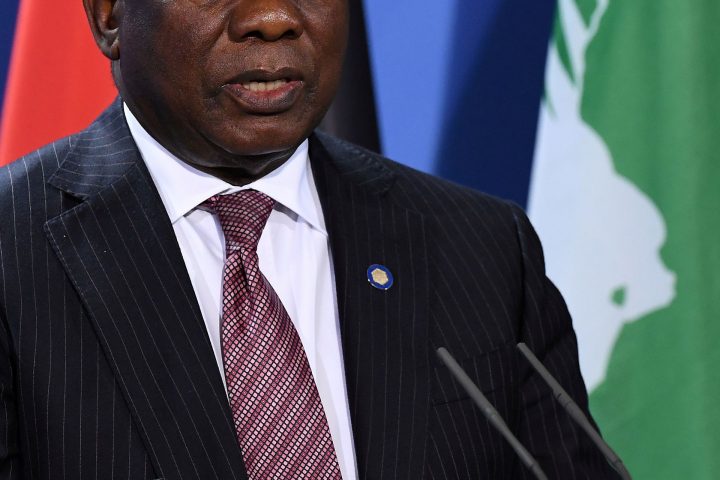In March 2025, several African countries continue to grapple with weak currencies, reflecting underlying economic challenges. A weak currency often indicates economic instability, high inflation, and a reliance on imports over exports. Understanding the factors behind currency depreciation is crucial for policymakers and investors aiming to navigate the continent’s economic landscape. Prime Business Africa presents the African countries with the weakest currencies in March in dollar and naira exchange. They are:
São Tomé & Príncipe
The São Tomé and Príncipe dobra stands as the weakest currency in Africa, with an exchange rate of approximately 22,282 per US dollar. This island nation’s limited economic base and heavy reliance on imports contribute to its currency’s low value.
Join our WhatsApp ChannelREAD ALSO: 10 African Countries With Highest Debt To IMF In March
Sierra Leone
Sierra Leone’s Leone follows closely, exchanging at about 20,969 per US dollar. The country’s economy, heavily dependent on mining, faces challenges such as political instability and infrastructural deficits, impacting the Leone’s strength.
Guinea
The Guinean Franc trades at around 8,644 per US dollar. Despite rich mineral resources, Guinea’s economic mismanagement and inflationary pressures have led to a depreciated currency.
Uganda
The Ugandan Shilling stands at approximately 3,665 per US dollar. Uganda’s economy, largely agrarian, is vulnerable to global commodity price fluctuations, affecting the shilling’s stability.
Burundi
The Burundian Franc exchanges at about 2,963 per US dollar. Political turmoil and limited export diversification have weakened Burundi’s currency over time.
Democratic Republic of the Congo
The Congolese franc trades at roughly 2,865 per US dollar. Despite vast mineral wealth, the DRC’s ongoing conflicts and governance issues have hindered economic stability, impacting its currency.
Tanzania
The Tanzanian shilling stands at about 2,650 per US dollar. While Tanzania has experienced economic growth, its currency remains weak due to trade imbalances and reliance on agriculture.
Malawi
The Malawian kwacha exchanges at approximately 1,733 per US dollar. Malawi’s dependence on tobacco exports and susceptibility to climatic shocks contribute to its currency’s depreciation.
Nigeria
The Nigerian naira trades at around 1,528 per US dollar. Nigeria’s economy, heavily reliant on oil exports, has faced challenges due to fluctuating oil prices and policy decisions, impacting the naira’s value. In June 2024, the Nigerian government devalued the naira, leading to increased inflation and a higher cost of living.
Rwanda
The Rwandan franc stands at about 1,439 per US dollar. While Rwanda has made significant economic strides, its currency remains relatively weak due to trade deficits and reliance on imports.
READ ALSO: Full List: African Countries With The Strongest Currencies In March
Factors Contributing to Weak Currencies
Several common factors contribute to the weakness of these African currencies:
-
Economic Instability: Political unrest and governance issues can erode investor confidence, leading to capital flight and currency depreciation.
-
High Inflation Rates: Persistent inflation diminishes purchasing power, weakening the currency’s value.
-
Trade Imbalances: Reliance on imports over exports results in a higher demand for foreign currencies, depreciating the local currency.
-
External Debt: High levels of foreign-denominated debt increase vulnerability to exchange rate fluctuations, impacting currency stability.
Impact on Economies
Weak currencies have profound implications for African economies:
-
Increased Debt Servicing Costs: As local currencies depreciate against the US dollar, the cost of servicing external debts rises, straining national budgets.
-
Reduced Export Competitiveness: While a weaker currency can make exports cheaper, structural issues often prevent countries from capitalizing on this advantage.
-
Inflationary Pressures: Depreciated currencies can lead to higher import prices, fueling inflation and reducing citizens’ purchasing power.
Addressing currency weakness in African countries requires comprehensive economic reforms, including diversifying economies, improving governance, and managing inflation. Strengthening these areas can enhance currency stability, fostering sustainable economic growth across the continent.
Emmanuel Ochayi is a journalist. He is a graduate of the University of Lagos, School of first choice and the nations pride. Emmanuel is keen on exploring writing angles in different areas, including Business, climate change, politics, Education, and others.


















